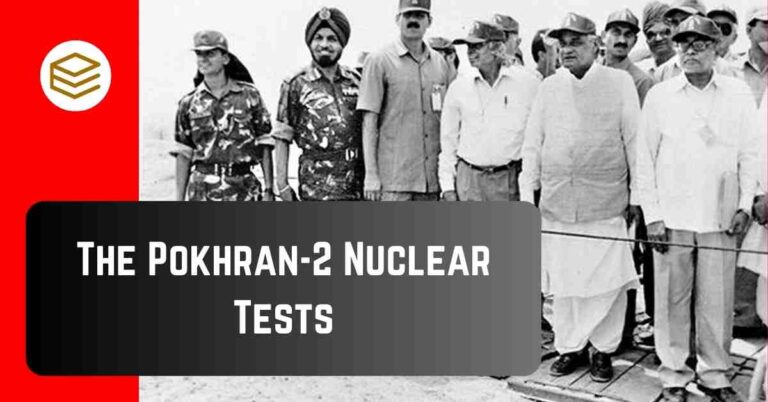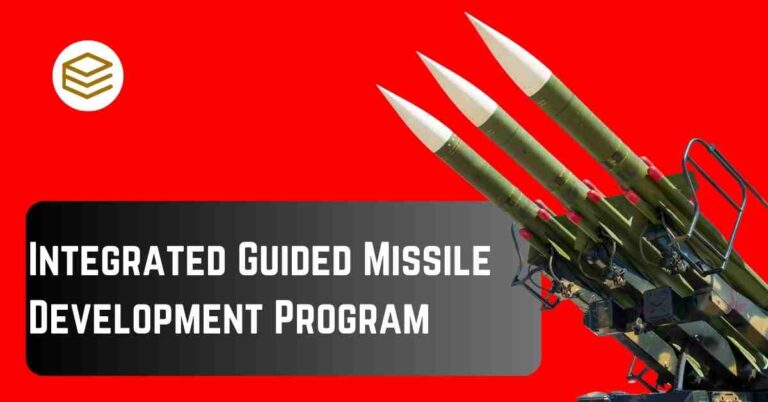January 25, 2026 2:23 am
Dr. Avul Pakir Jainulabdeen Abdul Kalam, popularly known as A.P.J. Abdul Kalam, remains one of the most inspiring figures in modern India. Revered as the Missile Man of India, he was a renowned scientist, visionary leader, and the 11th President of India. His remarkable contributions to science, education, and governance left an indelible mark on the nation.
Born on October 15, 1931, in Rameswaram, Tamil Nadu, Dr. Kalam rose from humble beginnings to become a towering personality in Indian science and public service. His life exemplifies perseverance, dedication, and a relentless pursuit of excellence.
Early Life: A Journey Rooted in Humility
- Humble Beginnings:
- Born into a modest Tamil Muslim family, Kalam’s father, Jainulabdeen, was a boat owner, and his mother, Ashiamma, was a homemaker.
- Despite limited financial resources, the family instilled strong values of discipline, education, and hard work.
- A Young Dreamer:
- As a child, Kalam was fascinated by flight and machines. His interest in aeronautics stemmed from observing birds and his early exposure to newspapers, where he read about advancements in technology.
- Education and Struggles:
- Kalam’s academic journey began at the Schwartz Higher Secondary School and later at St. Joseph’s College, Tiruchirappalli, where he studied physics.
- He later pursued aerospace engineering at the Madras Institute of Technology (MIT), a defining step toward his future contributions.
A Career in Science: The Missile Man of India
1. Early Career in DRDO
- After graduating from MIT in 1960, Kalam joined the Defence Research and Development Organisation (DRDO).
- His initial projects included designing helicopters for the Indian Army. Though challenging, these experiences laid the foundation for his expertise in aeronautical engineering.
2. Contributions to ISRO
- In 1969, Kalam moved to the Indian Space Research Organisation (ISRO), where he played a pivotal role in developing India’s first satellite launch vehicle (SLV-III), which successfully deployed the Rohini Satellite in 1980.
- This achievement established India as a force in the global space arena and marked the beginning of Kalam’s reputation as a visionary scientist.
3. Integrated Guided Missile Development Program (IGMDP)
- In the 1980s, Kalam spearheaded the IGMDP at DRDO, developing India’s indigenous missile systems:
- Prithvi (surface-to-surface missile).
- Agni (intercontinental ballistic missile).
- Akash, Trishul, and Nag missiles.
- His leadership earned him the title “Missile Man of India” and established India’s self-reliance in defense technology.
4. The Pokhran-II Nuclear Tests
- In 1998, Kalam played a critical role in India’s nuclear weapons program, particularly during the Pokhran-II nuclear tests. These successful tests demonstrated India’s nuclear capability and elevated its position globally.
Presidency: India’s People’s President
1. Becoming the 11th President (2002-2007)
- In 2002, Kalam was elected as the 11th President of India, with overwhelming support from political parties and the public.
- His tenure was marked by simplicity, accessibility, and a focus on youth empowerment and education.
2. A Visionary Leader
- Kalam envisioned a Developed India by 2020, emphasizing technological innovation, self-reliance, and economic progress.
- He launched initiatives like Providing Urban Amenities in Rural Areas (PURA) to bridge the urban-rural divide.
3. Connecting with the Masses
- As President, Kalam broke barriers of formality, engaging directly with students, scientists, and ordinary citizens.
- His warmth, humility, and ability to inspire earned him the affectionate title “People’s President.”
Philosophy and Vision: A Dreamer for India
1. Vision 2020
- Kalam believed that India could become a developed nation by focusing on:
- Education and Skill Development.
- Technological Innovation.
- Rural Development.
- Sustainable Energy Solutions.
2. Youth Empowerment
- Kalam saw the youth as the cornerstone of India’s future. He often said: “Dream, dream, dream. Dreams transform into thoughts, and thoughts result in action.”
- His speeches at schools and colleges emphasized the power of dreaming big and taking responsibility for one’s aspirations.
3. Integrity and Ethics
- A staunch advocate for integrity, Kalam urged leaders to govern with transparency and honesty. His famous quote: “If a country is to be corruption-free and become a nation of beautiful minds, I strongly feel there are three key societal members who can make a difference: the father, the mother, and the teacher.”
Kalam’s Literary Contributions
Dr. Kalam was a prolific writer who shared his thoughts on science, spirituality, and nation-building. Some of his most celebrated works include:
- “Wings of Fire” (Autobiography):
- Chronicles his journey from a small-town boy to India’s Missile Man.
- “Ignited Minds”:
- Focuses on empowering the youth to achieve greatness.
- “The Luminous Sparks”:
- A collection of his poems and thoughts on spirituality.
- “India 2020”:
- Outlines his vision for a prosperous and developed India.
A Scientist Who Bridged Science and Spirituality
One of the unique aspects of Kalam’s personality was his ability to combine scientific reasoning with spiritual depth. Despite being a scientist, he was deeply influenced by Indian spiritual texts like the Bhagavad Gita, the Quran, and the Bible.
Story: The Spiritual Scientist
It is said that Kalam, while working on the Pokhran nuclear tests, would often meditate to maintain focus. When asked how he balanced science and spirituality, he replied:
“Science is about understanding the external world. Spirituality is about understanding the inner self. Both are essential for a balanced life.”
Challenges and Resilience
Despite his immense success, Kalam faced significant challenges:
- During the development of the SLV-III, an initial launch failed, causing national embarrassment. Instead of giving up, Kalam encouraged his team, leading to a successful launch in 1980.
- As President, he often dealt with criticism for not intervening in controversial policies. However, he remained steadfast in his belief in constitutional integrity.
Awards and Honors
Dr. Kalam received numerous accolades for his contributions:
- Bharat Ratna (1997): India’s highest civilian honor.
- Padma Vibhushan (1990) and Padma Bhushan (1981).
- Honorary doctorates from over 40 universities worldwide.
Passing and Legacy
Dr. Kalam passed away on July 27, 2015, while delivering a lecture at the Indian Institute of Management, Shillong. His death was a profound loss, but his life continues to inspire millions.
Legacy:
- Dr. Kalam’s birthday, October 15, is celebrated as World Students’ Day to honor his dedication to education.
- Institutions, programs, and initiatives across India bear his name, perpetuating his vision.
Memorable Quotes by A.P.J. Abdul Kalam
- “You have to dream before your dreams can come true.”
- “Excellence is a continuous process and not an accident.”
- “Don’t take rest after your first victory because if you fail in the second, more lips are waiting to say that your first victory was just luck.”
Conclusion
Dr. A.P.J. Abdul Kalam was more than just a scientist or a president—he was a beacon of hope, a champion of education, and a visionary who inspired a nation to dream big. His life story is a testament to the power of dedication, resilience, and service. Even after his passing, his ideals of dreaming boldly, working tirelessly, and living ethically continue to guide India toward the future he envisioned: a strong, self-reliant, and prosperous nation.





